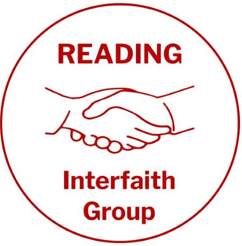The Most Powerful People I Know
The need to relate can sometimes involve learning an entirely new language. In the past I have found it necessary to learn about fitness monitors, health apps, trackers to record running achievements and found what tyrants they can be! I have watched the Tour de France highlights without falling asleep (sometimes!) and discovered enough information about cycling to buy an appropriate present. If any family member would appreciate weights as a gift, I have also discovered it’s better to order them online rather than visit a shop and then have to carry them home!
Recently I have been introduced to the language of Pokémon by my eight-year-old grandson. This process involves being presented with his collection of cards, then noting, as a first crucial observation, that they do not all look the same. After my grandson has explained the significance of a silver background and the value of each card, I can appreciate a fantastic imagination through the creatures they portray. However, despite a great deal of patient explanation, and the Wikimedia reassurance that Pokémon is designed for all ages, I still have very little idea of what you are supposed to do next.
Instead, I remain stuck on the artistry and the impressive range of superpowers attributed to each fictional animal. So far, I have resisted the temptation of saying that if all these creatures chose to exercise their destructive powers, Pokémon would die out as efficiently as the fascination with dinosaurs before them.
The distribution of power is also of considerable importance to people. We may sometimes ask ourselves to whom are we giving power too? How effective are our strategies and are we entitled to use them? Who is really in control and how worthy are they of our respect and attention? Are we needlessly surrendering some of our own power and what can any authority in our own lives realistically expect us to do?
I am writing this article on the festival of Diwali as Hindus, Sikhs, Jains and some Buddhists celebrate the triumph of light over darkness and goodness over evil. To me this is a festival of hope which need not be confined to any recognisable faith group.
In a few days we will be marking Remembrance Sunday. Although this national commemoration began in response to a specific military victory in 1918, it has come to include the sacrifices of a second world war, other conflicts since and the dangerous uncertainties of our own time. This is not a celebration of the victorious but a shared act of Remembrance because the motivation prompting sacrifice has come to matter even more than victory.
There is always hope even in the darkest situation. As human beings, and human beings with faith, we all have power, and that power is love. Those individuals with sufficient courage and generosity to give such power away are not parting with a finite resource but remain the most powerful people I know.

